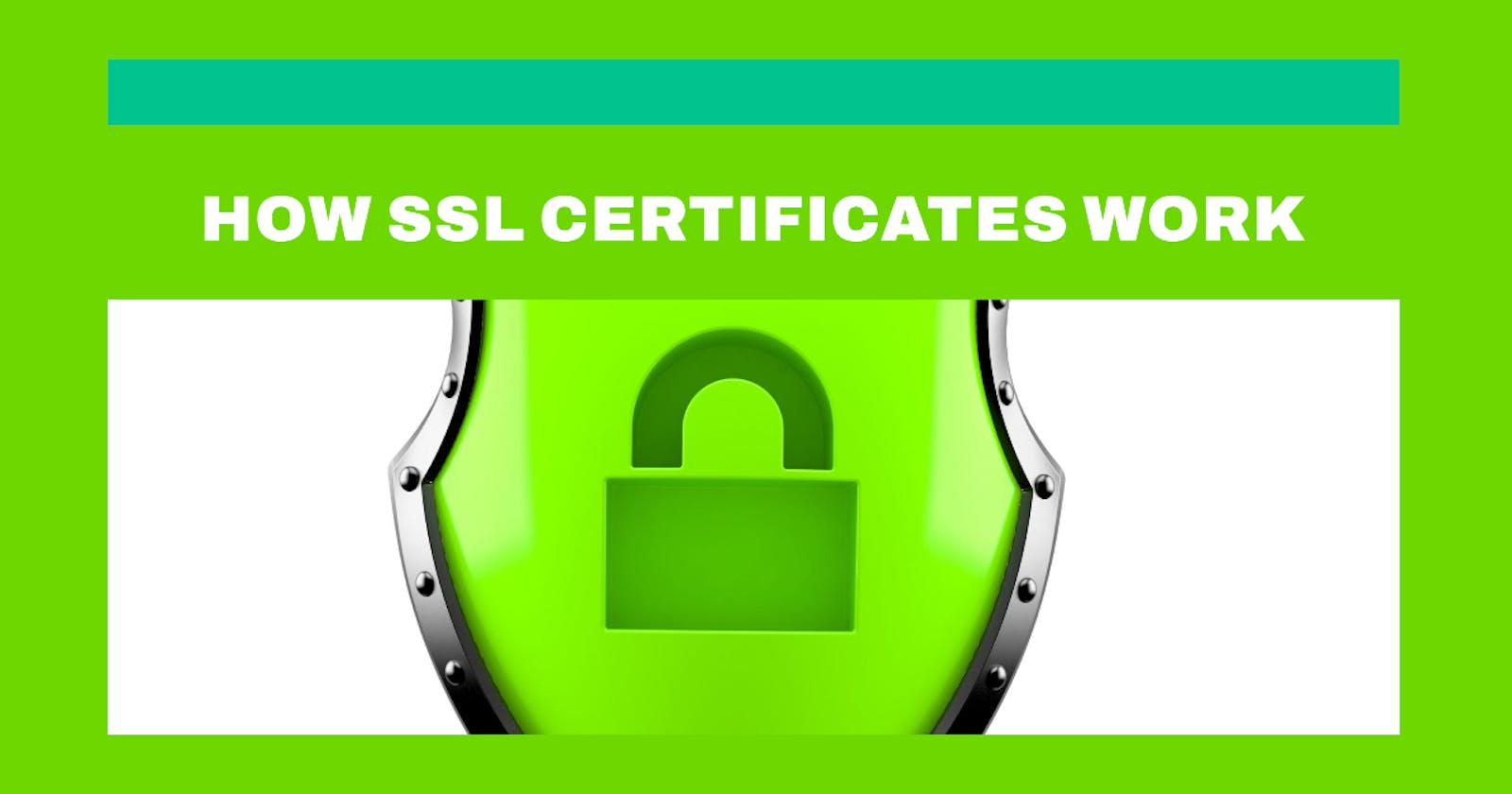SSL certificates, or Secure Sockets Layer certificates, are digital certificates that create a secure connection between a website and its users. SSL certificates use encryption to protect data transmitted between the two parties, preventing eavesdropping, tampering, and forgery.
Types of SSL Certificates
There are three main types of SSL certificates:
Domain Validation (DV) SSL Certificates: DV SSL certificates are the most basic type of SSL certificate. They verify the domain ownership of the website but do not validate the organization behind the domain. DV SSL certificates are typically the least expensive type of SSL certificate and are a good option for small businesses and personal websites.
Organization Validation (OV) SSL Certificates: OV SSL certificates verify the domain ownership and the organization behind the domain. OV SSL certificates are a good option for businesses that want to show their customers that they are legitimate businesses.
Extended Validation (EV) SSL Certificates: EV SSL certificates are the most secure type of SSL certificate. They verify the domain ownership, the organization behind the domain, and the physical location of the business. EV SSL certificates are typically the most expensive type of SSL certificate but they are the best option for businesses that handle sensitive customer data, such as financial institutions and e-commerce websites.
Use Cases for SSL Certificates
SSL certificates are essential for any website that handles sensitive data, such as credit card numbers, Social Security numbers, and login credentials. SSL certificates are also important for websites that want to protect their customers from phishing attacks.
Here are some specific use cases for SSL certificates:
E-commerce websites: SSL certificates are essential for e-commerce websites, as they protect customer data during online transactions.
Online banking websites: SSL certificates are also essential for online banking websites, as they protect customer financial data.
Social media websites: SSL certificates are important for social media websites, as they protect user login credentials and other sensitive information.
Government websites: SSL certificates are important for government websites, as they protect citizen data and prevent government websites from being spoofed by attackers.
How SSL Certificates Work
SSL certificates work by using encryption to protect data transmitted between a website and its users. When a user visits a website with an SSL certificate, the website's server sends the user's browser a digital certificate. The browser verifies the certificate and then establishes an encrypted connection with the server.
All data transmitted between the website and the browser is encrypted, making it unreadable to anyone who intercepts it. This helps to protect user data from eavesdropping, tampering, and forgery.
Conclusion
SSL certificates are an essential security measure for any website that handles sensitive data. SSL certificates protect user data from eavesdropping, tampering, and forgery. There are three main types of SSL certificates: DV SSL certificates, OV SSL certificates, and EV SSL certificates. The best type of SSL certificate for your website will depend on your specific needs and budget.
References
[Mozilla Developer Network:SSL/TLS]**(https://developer.mozilla.org/en-US/docs/Glossary/SSL)
[W3Schools: SSL/TLS]**(https://w3schools.invisionzone.com/topic/49292-ssl-certificates/)

